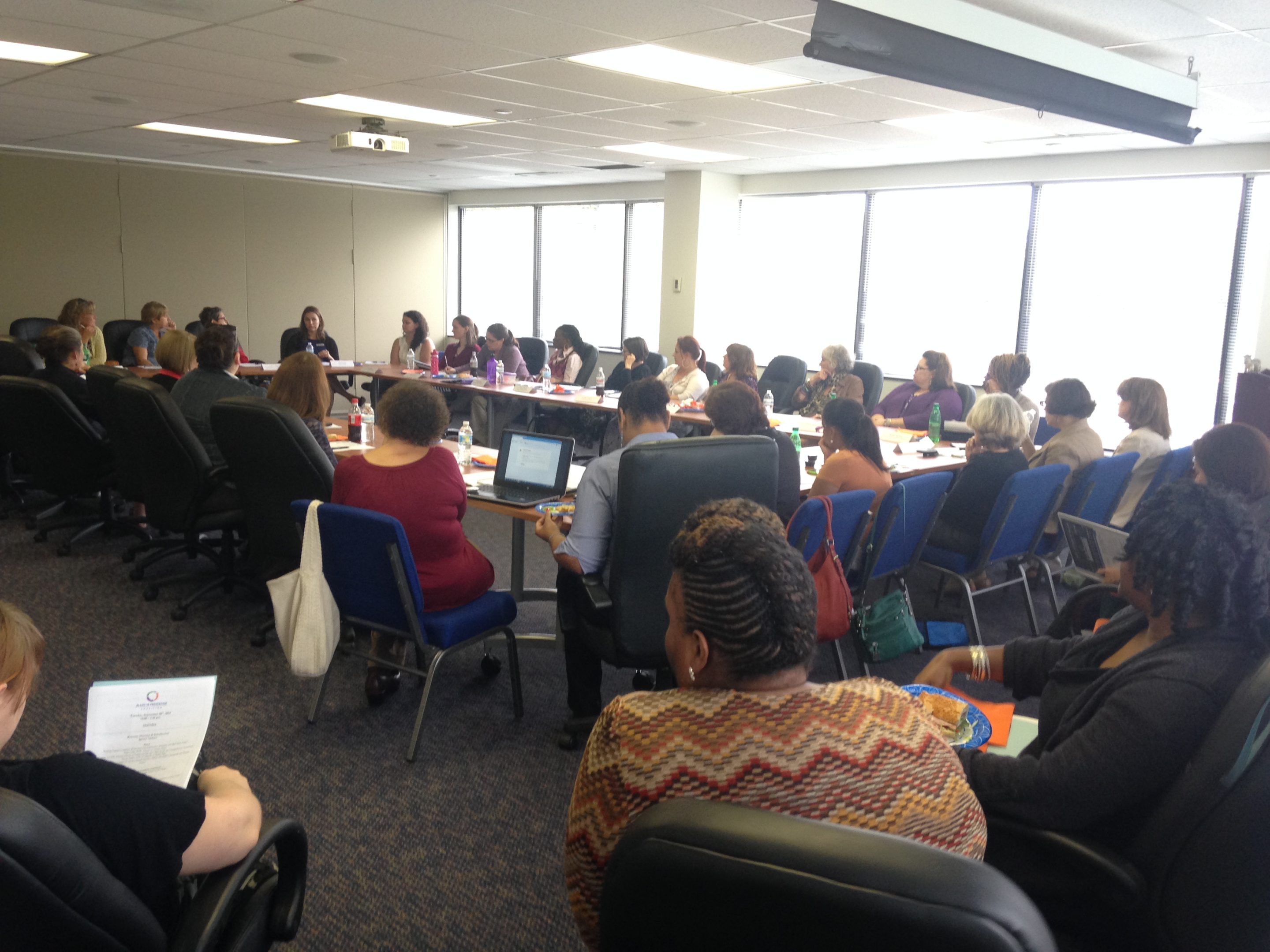October 9, 2014
 Men and women who work directly with children and parents in our community often experience very different perspectives of the families they serve. Some work in the schools, others at health organizations, government agencies or any number of nonprofits. Yet many are serving families in crisis because of the same complex and tangled list of issues: domestic violence, economic hardship and immigration.
Men and women who work directly with children and parents in our community often experience very different perspectives of the families they serve. Some work in the schools, others at health organizations, government agencies or any number of nonprofits. Yet many are serving families in crisis because of the same complex and tangled list of issues: domestic violence, economic hardship and immigration.
SCAN’s Allies in Prevention Coalition met last week, bringing a group of nearly 40 professionals together for a panel discussion on these topics. The goal? To share ideas and experiences across the divide of organizations and jurisdictions. What are the obstacles all families are facing? How can we better serve these families? What resources are available? How can we connect with and support one another in our unique missions?
Discussion resulted in four challenges that panel participants — from Artemis House, Alexandria Community and Human Services, Cornerstones and Mobile Hope — all touched on while they spoke. And we consider them powerful guideposts for the work any child and family advocate does in our community today:
- We must increase awareness. “If it’s not right in front of people, they don’t think it’s an issue,” said Dani Colon from Artemis House, a domestic violence shelter in Fairfax County. We have to keep on telling the stories of children and families living with violence, in poverty or in fear and isolation. Violence in particular does NOT discriminate, and it’s an issue widely prevalent in all communities of Northern Virginia. Awareness of the issue — and prevention — is key.
- We have to improve parent-child engagement. Jody Tompros, the Division Director of Family Stability and Child Health & Development at Cornerstones in Fairfax County, mentioned the critical ability to help children and parents connect when they are in crisis, rather than move apart. Members mentioned skills like shoulder-to-shoulder talking, using a softer voice and scheduling simultaneous counseling and services. How are our programs — no matter where we reach families — empowering that connection?
- We need to consider advocacy related to issues like affordable housing and immigration law. “There is a LOT of legislative advocacy power in this room,” noted Claire Dunn, the Domestic Violence & Sexual Assault Division Chief with the City of Alexandria. It may not be the specific issue you work with on a daily basis, yet these are issues that deeply impact some of the most at-risk children and families in our community. Contributing our voice — as a group who intimately knows those affected (as well as the cost) — is a critical step in advocating for meaningful change. (SCAN’s Advocacy Day on November 18th is a great place to start.)
- We must look beyond today, at the kids who are aging-out of our systems. “Keeping these families together in housing is very difficult,” noted Donna Fortier with MobileHope, a new program providing food, medical treatment and other services to homeless youth in Loudoun County. As children approach 18, their access to everything from school lunches to mandatory foster care can disappear. How can our programs extend beyond just a number, providing better paths for young adult community members still in need of structures and support?
As coalition members work with children and families every day, we’ll continue our work to ask — and answer — these important questions.
- You can learn more about the Allies in Prevention Coalition here.
- Consider attending Advocacy Day on November 18th to lend your voice to the discussion.
- What other questions are you considering in your work? Please share in the comments below.
